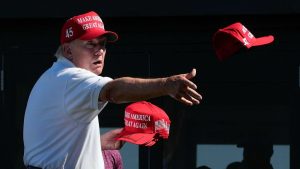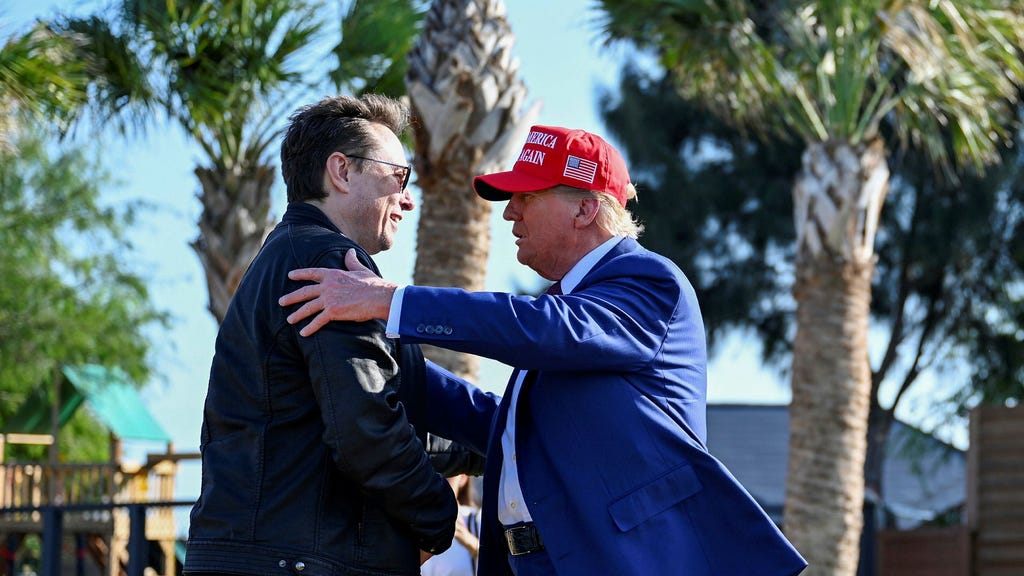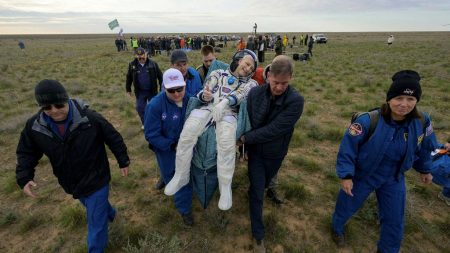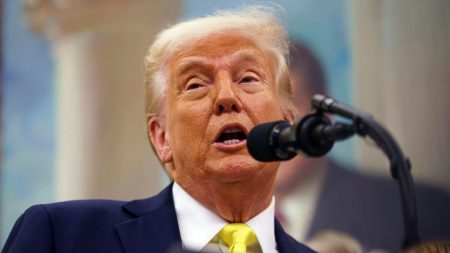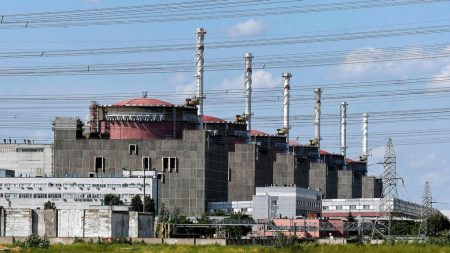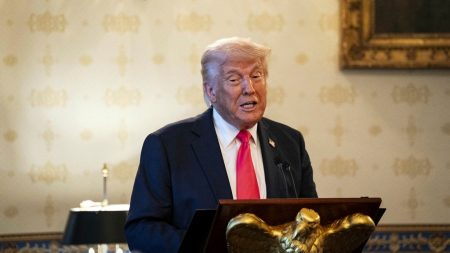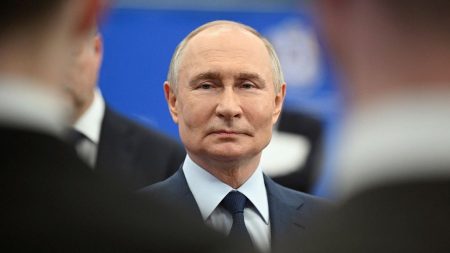The Republican Party is embroiled in a tumultuous internal conflict, a civil war that has erupted over the Christmas holiday. The acrimony between factions is striking, even by American standards. At the heart of the dispute lies the issue of immigration, specifically the H-1B visa program, which allows highly skilled foreign workers, primarily in tech, to work in the United States. This program has become a flashpoint, dividing the party between its nativist, anti-immigrant wing and its pro-business, globalist contingent.
On one side of the battle are the staunchly anti-immigrant ”Maga Republicans” (Make America Great Again). Their base of support largely consists of white Americans who not only advocate for the deportation of undocumented immigrants but also seek to severely restrict legal immigration, particularly through programs like H-1B. They view these programs as a threat to American jobs and a dilution of American culture. Their rhetoric often employs nationalist and sometimes xenophobic language, echoing the sentiments expressed during Trump’s first presidential campaign and subsequent presidency.
Arrayed against them are influential figures from the business world, most notably Big Tech billionaires who have been given prominent positions in Trump’s incoming administration. Many of these individuals, such as Elon Musk and Vivek Ramaswamy, are themselves immigrants or children of immigrants. They argue that the United States needs to attract top global talent, particularly engineers, to maintain its economic competitiveness, especially against China. They see the H-1B program as crucial for innovation and growth within the American tech sector. This perspective is driven by a pragmatic, business-oriented approach that prioritizes economic growth over nationalist concerns.
The conflict ignited when Trump appointed Sriram Krishnan, an Indian-born associate of Elon Musk, as an advisor on artificial intelligence (AI). Krishnan, a proponent of expanding H-1B visas, became the target of ultra-right activist Laura Loomer. Loomer, previously part of Trump’s inner circle but later ostracized for her extreme views, launched a vitriolic attack, denouncing Krishnan’s appointment and employing racially charged language against immigrants. This incident became a catalyst, exposing the deep fissures within the party and highlighting the clash between the nativist and pro-business factions.
The feud escalated rapidly. Loomer accused Trump of abandoning his “Maga” base and filling his administration with “tech oligarchs” who are enriching themselves at the expense of “America First” principles. Musk and Ramaswamy responded forcefully, defending the need for skilled immigrants and criticizing the anti-immigrant rhetoric within the Republican party. Musk’s particularly blunt language further inflamed the situation, leading to a public exchange of insults and accusations. This public spat unfolded on social media, amplifying the conflict and drawing in other prominent figures like Steve Bannon, who sided with Loomer.
This internal strife presents a significant challenge for Trump just weeks before his inauguration. The battle lines are clearly drawn between the nativist wing, represented by figures like Loomer and Bannon, and the pro-business wing, represented by figures like Musk and Ramaswamy. Trump’s eventual endorsement of the H-1B program, after days of silence, suggests an attempt to appease the business wing, but the long-term implications of this decision remain to be seen. The deep divisions within the Republican party are likely to persist, potentially impacting Trump’s ability to govern effectively and potentially leading to further internal conflicts within the party. The clash between nationalist populism and pro-business globalism, playing out within the Republican Party, reflects a larger societal divide with far-reaching consequences for the future of American politics and policy.



